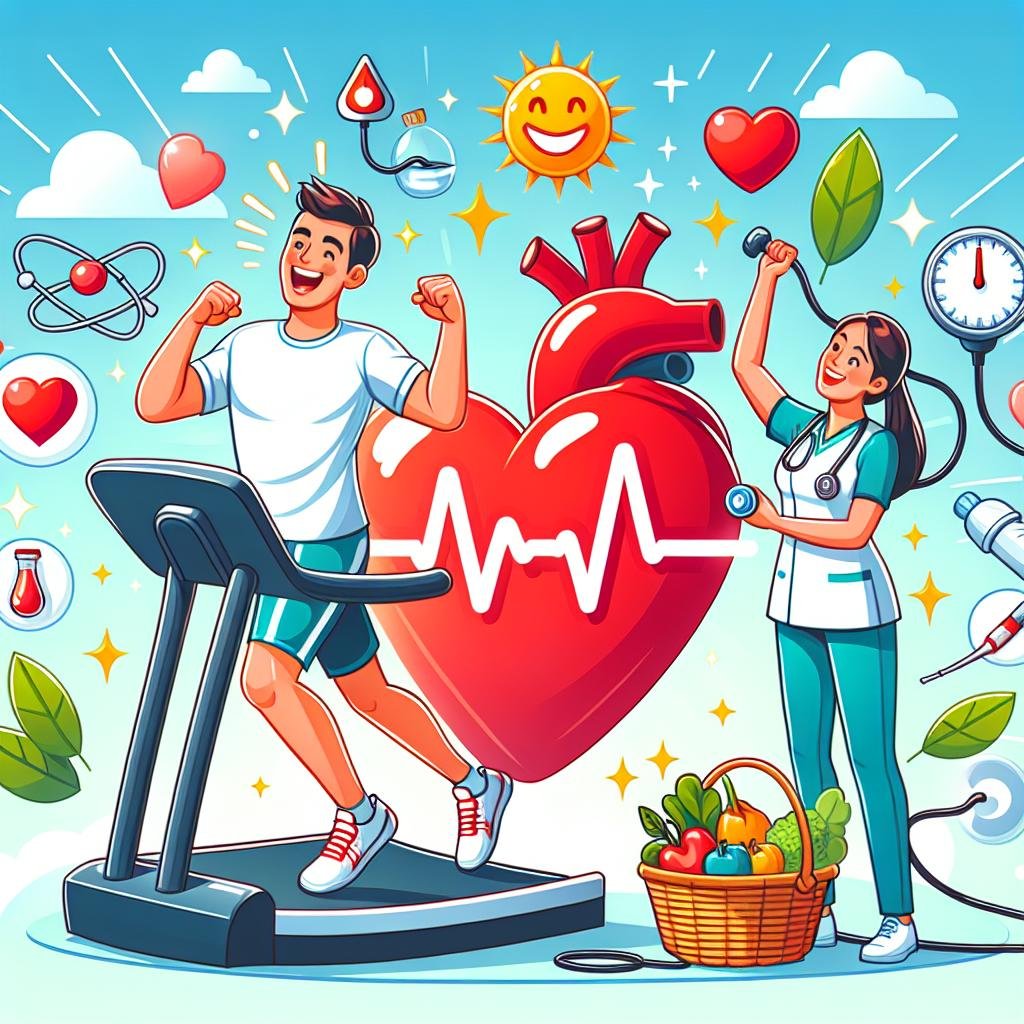The Importance of Cardiac Rehabilitation in Angina Treatment
Introduction Angina is a heart condition that causes chest pain or discomfort, affecting millions of people around the world. This pain occurs when the heart muscle doesn’t get enough oxygen due to reduced blood flow, which is often caused by coronary artery disease. Imagine your heart as a busy factory that needs a constant supply […]
The Importance of Cardiac Rehabilitation in Angina Treatment Read More »









